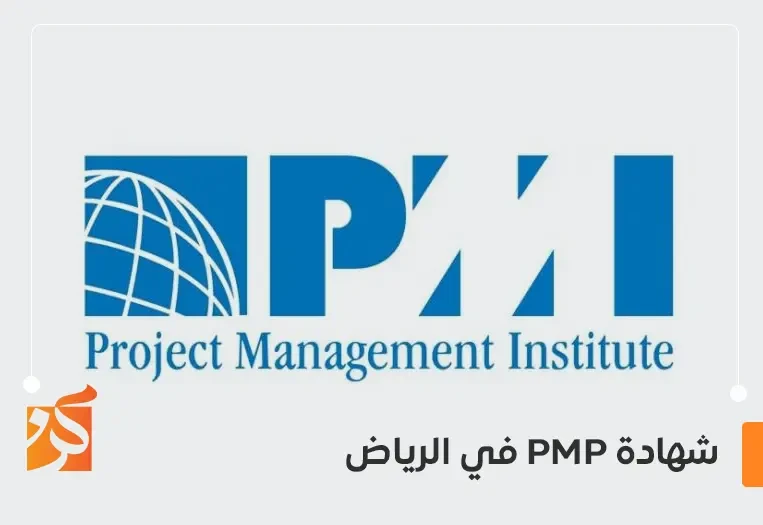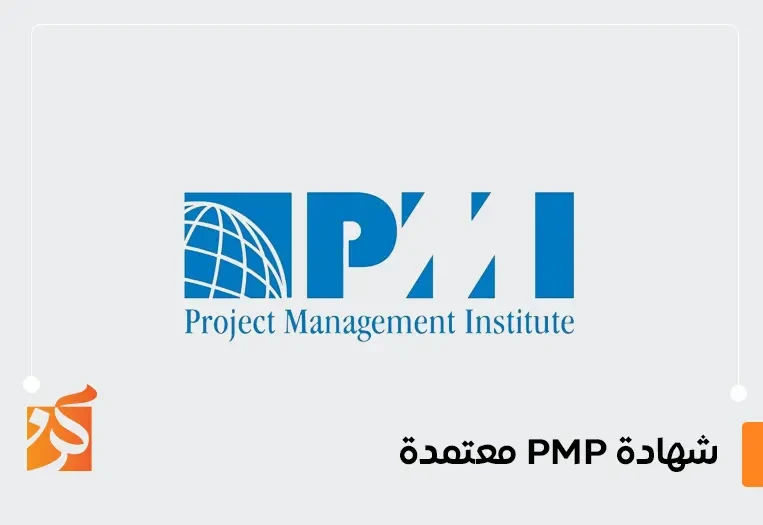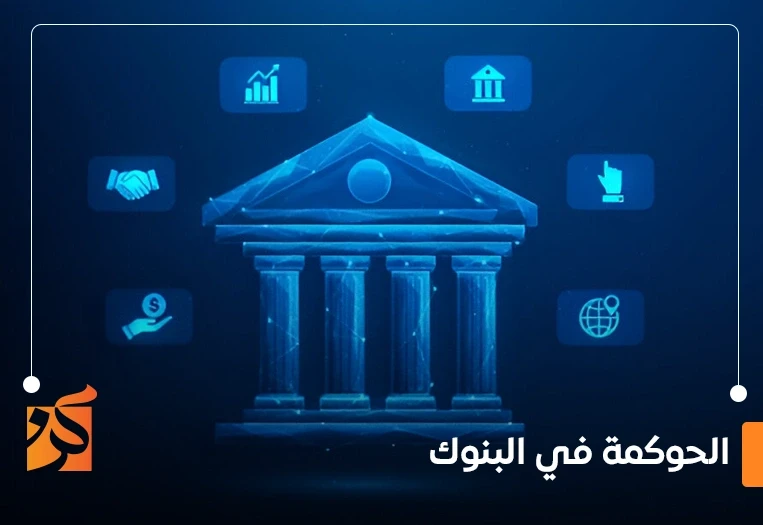
Governance in the government sector
Amid rapid changes and increasing challenges, governance in the public sector has become a crucial factor in enhancing transparency, efficiency, and ensuring the achievement of national goals. Adopting digital management and driving digital transformation in Saudi Arabia is a cornerstone for advancing development and achieving Vision 2030. In this article, we explore the concept of governance, its significance, and the principles it is built upon in Saudi Arabia. We also highlight its role in supporting digital transformation and emphasize the importance of partnering with trusted institutions such as Kun Training Center to develop leadership and managerial skills. Stay with us until the end of the article. Public sector governance is a comprehensive regulatory framework based on a set of laws, policies, and standards aimed at improving the management of government institutions. Governance focuses on achieving transparency, enhancing efficiency, and ensuring accountability, contributing to combating corruption and building trust between the government and citizens. Governance is defined as good management that organizes relationships among various parties and upholds the principles of justice, equality, and transparency. It relies on formal controls such as legislation and laws to guide behaviors and make ethical decisions that support the public interest. Institutional Governance: Financial Governance: E-Governance: Environmental Governance: Social Governance: Governance is an effective tool for achieving strategic goals, such as digital management and advancing digital transformation in Saudi Arabia, in line with Vision 2030 for comprehensive and sustainable development. Governance in Saudi Arabia's public sector is a cornerstone for improving institutional performance and building trust between government institutions and society. Its importance can be summarized as follows: Enhancing Transparency: Improving Institutional Efficiency: Supporting Digital Transformation in Saudi Arabia: Achieving Sustainability: Governance in Saudi Arabia forms the foundation for achieving institutional efficiency and building trust between institutions and the public. It is built on several core principles that guide governmental operations toward strategic goals, including: Setting Strategic Objectives: Adhering to Ethics and Professional Principles: Monitoring Results: Financial and Administrative Audits: Identifying Problems and Making Corrections: These principles strengthen the implementation of digital management and digital transformation in Saudi Arabia, contributing to Vision 2030 and sustainably improving governmental performance. Digital transformation in Saudi Arabia is a central pillar in developing the public sector and enhancing its efficiency. It is integral to Vision 2030, achieving numerous benefits that improve government performance, including: Governance in Saudi Arabia plays a pivotal role in enabling and achieving digital transformation by establishing frameworks and policies that facilitate technology adoption and ensure its efficiency. Key contributions of governance include: Kun Training Center is the go-to destination for anyone seeking to enhance their knowledge and skills in public sector governance. The center offers specialized training programs aimed at developing government staff to meet the standards of digital management and the requirements of digital transformation in Saudi Arabia. Kun Training Center's programs are tailored to meet the needs of government agencies and institutions, covering areas such as: With its distinguished team of experts and innovative training methodologies, Kun Training Center ensures a rich educational experience that contributes to institutional success and improved government performance. Choose Kun Training Center to be your partner in your journey toward excellence and professionalism. In conclusion, implementing governance in the public sector is not just an administrative obligation but a strategic investment that enhances efficiency and ensures institutional sustainability. By adopting digital management and leading the digital transformation in Saudi Arabia, the Kingdom is paving the way for a more transparent and innovative government future. If you aim to enhance your knowledge and skills in this vital field, Kun Training Center offers the perfect solution with programs tailored to the public sector's needs. Take the first step toward excellence—join Kun Training Center's programs to be part of this historic transformation and embark on your journey toward creativity and professionalism today.What is Public Sector Governance and Its Types?
Types of Governance in the Public Sector:
Aims to improve the administrative structure of institutions, ensure compliance with regulatory standards, and monitor the performance of departments and employees to achieve goals effectively.
Focuses on managing financial resources transparently and fairly, including expenditure control and budget allocation for maximum benefit.
Utilizes digital technology to improve government operations, simplify processes, and enhance efficiency and transparency through innovative digital platforms.
Aims at achieving environmental sustainability and conserving natural resources, ensuring compliance with environmental standards in government projects.
Addresses social justice and promotes civil society participation in decision-making, focusing on equitable service provision for all.The Importance of Governance in Saudi Arabia for Enhancing Transparency and Institutional Efficiency
Governance ensures systems and regulations that oblige government entities to disclose their performance and decisions clearly.
Transparency allows stakeholders to monitor government operations effectively, increasing trust between the community and government institutions.
Governance helps direct human and financial resources toward achieving strategic goals efficiently and sustainably.
It ensures the implementation of well-thought-out policies and procedures that support government performance and yield tangible results.
Promotes the use of digital management techniques to improve administrative operations and simplify procedures.
Enhances the quality of services provided to citizens in alignment with Vision 2030.
Governance focuses on making decisions based on scientific and ethical principles, ensuring sustainability in resource management.
It helps build a strong governmental system that meets societal aspirations and contributes to overall development.Principles of Governance in Saudi Arabia's Public Sector
Establishing clear goals for government institutions with comprehensive strategic plans to achieve them efficiently.
Implementing organizational policies that require employees to act according to work ethics and values of transparency and equality.
Observing the implementation of policies and regulations to ensure the achievement of outlined objectives.
Periodically reviewing financial and administrative performance to ensure compliance with established standards and regulations.
Recognizing issues facing the institution and taking effective actions to address them promptly to maintain efficient operations.The Role of Digital Transformation in Saudi Arabia in Enhancing Government Performance
How Does Governance in the Public Sector Support Digital Transformation?
BE Training Center: Your Ideal Partner for Enhancing Public Sector Governance Skills




































































































































































